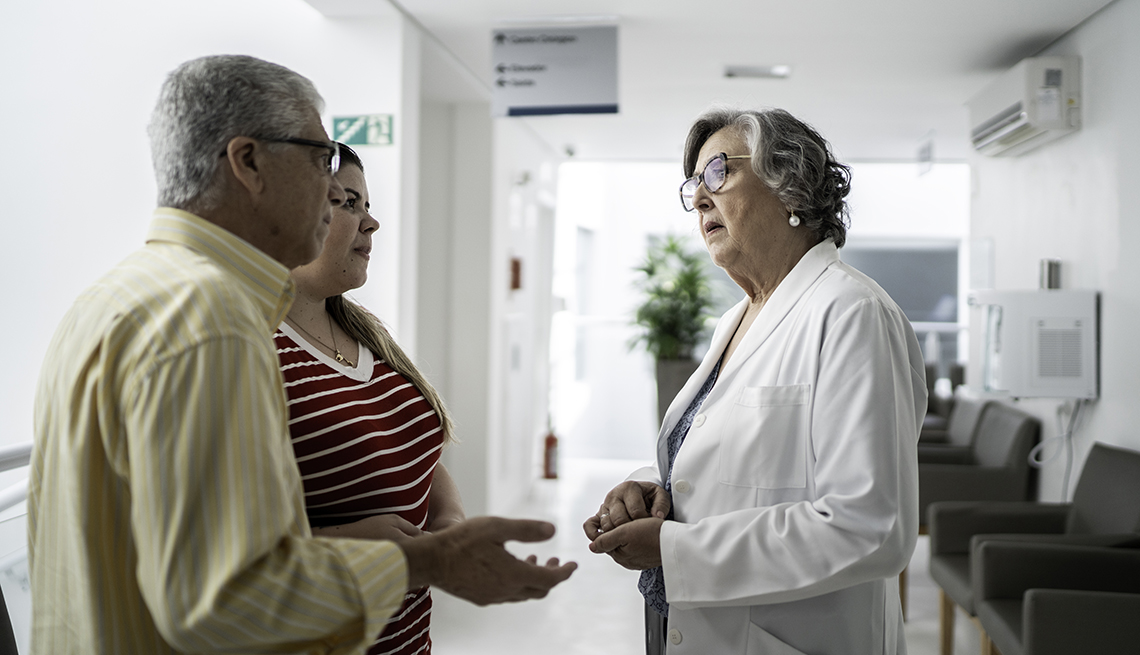
Caregiving for a spouse after a traumatic accident
- Select a language for the TTS:
- UK English Female
- UK English Male
- US English Female
- US English Male
- Australian Female
- Australian Male
- Language selected: (auto detect) - EN
Play all audios:

On a bright spring morning in the North Georgia mountains, Gene and Kathleen Mori of Atlanta were on a walk when Gene became dizzy and fell, causing him to suffer a severe head injury and
lose consciousness. Due to the remote location, Gene was flown by helicopter to the closest trauma center, where doctors removed part of his skull to relieve his brain pressure. Gene
remained in ICU for 17 days before he was transferred to a hospital for acute brain injury patients. Two months later he was transferred to an outpatient facility for another two months, and
while he has passed the one-year mark of this life-altering moment in 2019, he is still working toward his recovery. "You don't understand just how easily your life can change in
an instant,” says Kathleen. “One minute we were enjoying family time and suddenly we were plunged into a different world.” PROCESSING DIFFICULT NEWS Thinking back on the day of the accident,
she realizes she was initially in such a state of shock she didn't understand the doctors were trying to save her husband's life. “I walked in the hospital and asked how Gene was
doing, and they offered to pray with me,” she recalls. “When family members finally arrived, it was such a relief because they could listen and ask questions, take notes and talk to the
doctor if I wasn't quite tracking." "The staff was firing questions at me about what medications he was on, asking for consent for surgery; things were happening so fast and I
was still processing how we had gotten here from a simple walk in the mountains,” recalls Kathleen. On the home front, Kathleen was fortunate to have had friends and family members
supporting her and their three children, who were ages 19, 17 and 13 at the time of the accident. “It's hard for any child to see someone they love in pain or in a vulnerable place,”
explains Kathleen. “Each of us parents differently, and I understood my children wanted to put their heads in the sand a little. I didn't want to have them sit vigil at the hospital, so
I was determined to be the one to carry the yoke." CIRCLING YOUR POSSE Kathleen is a CPA and describes herself as someone who always likes to have the right answer. She is “fiercely
independent” and was always the person other people called on when they needed to get things done. She recognized the importance of having a support system outside of the family whom she
could count on when she felt fearful or tried to think too far into the future. "You need people in your inner circle to whom you can show the broken parts and your messiness,” says
Kathleen. “It was important for me to push back from the bedside and go for a walk and get a gut check with those friends or my therapist. They might not be able to fix it, but just being
able to talk about it is so helpful."
